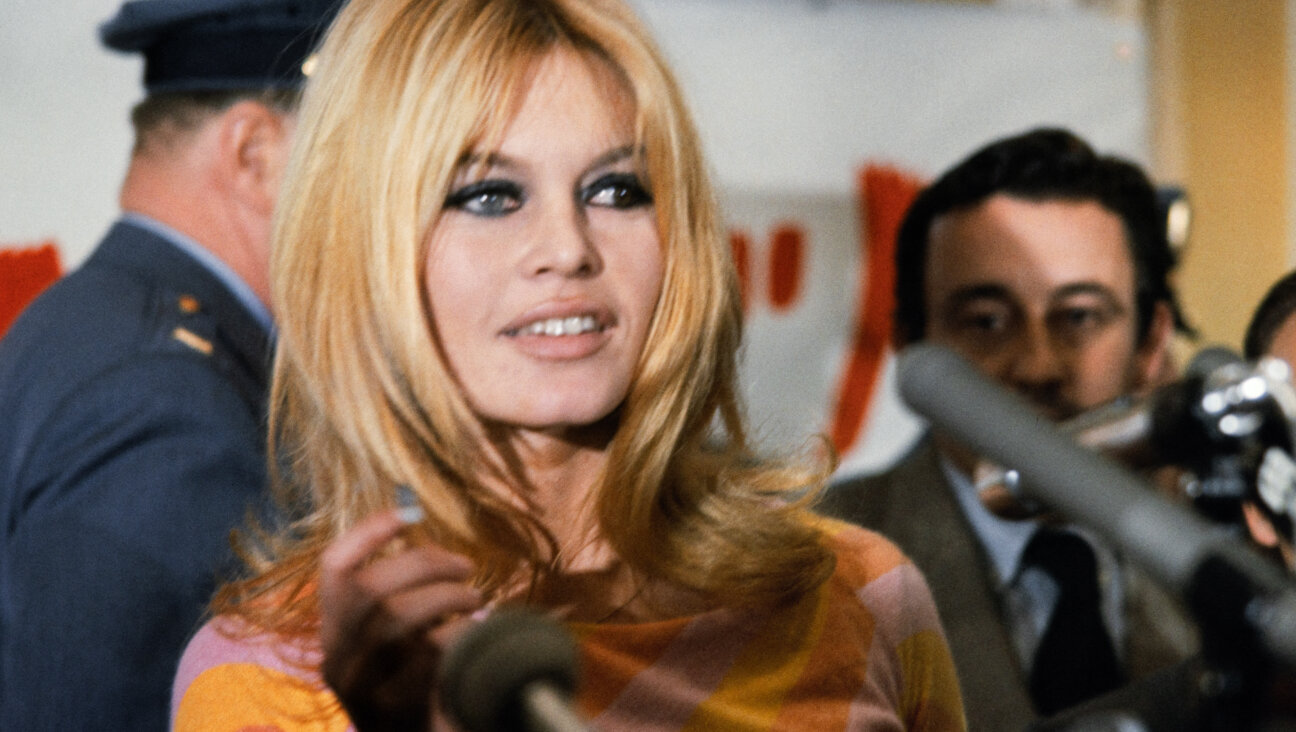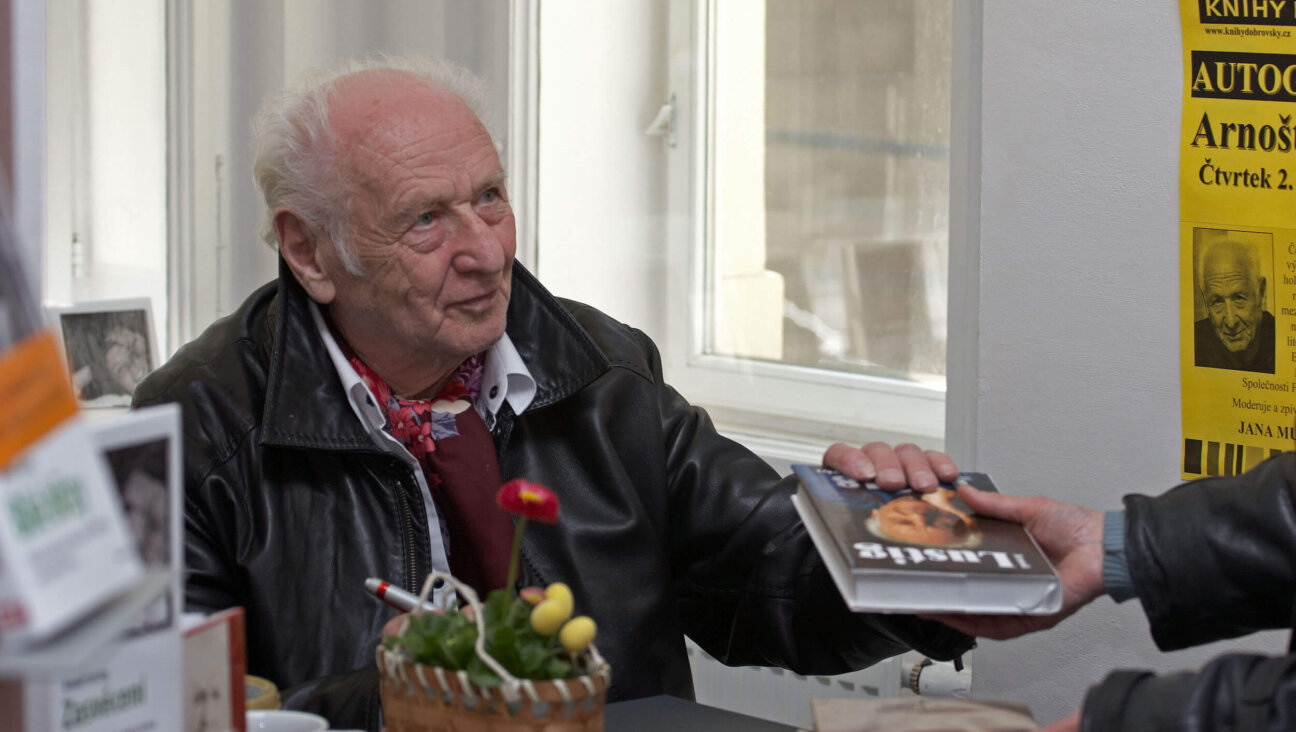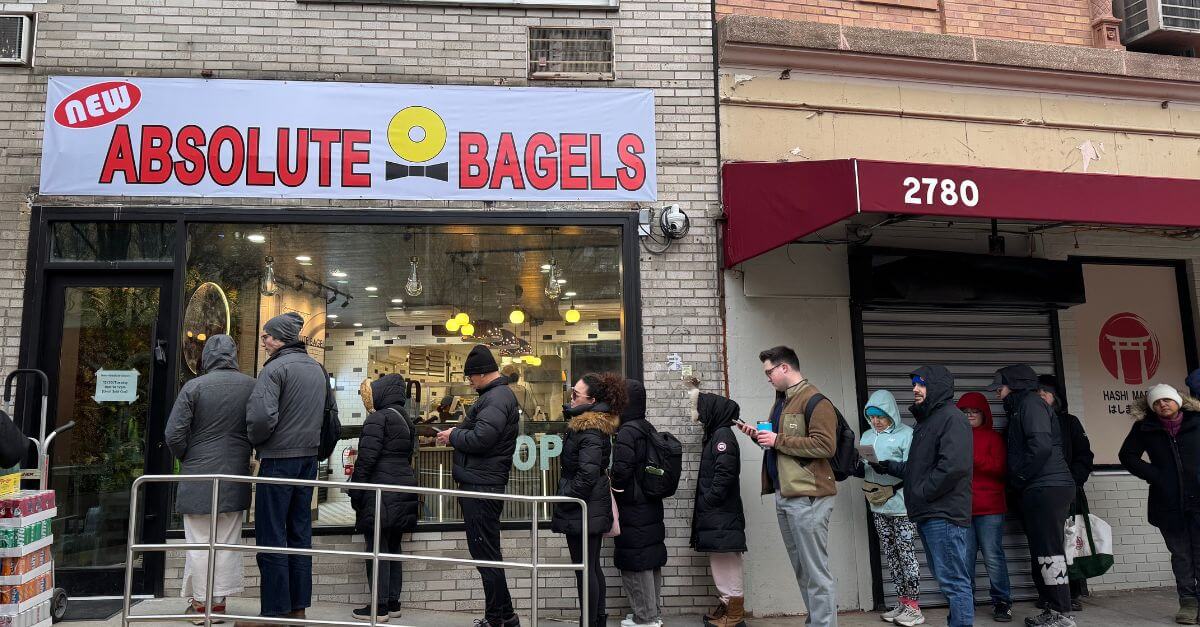A Teachable Moment at UCLA

Graphic by Angelie Zaslavsky
There is no way to characterize the recent incident at UCLA in which a Jewish student’s judgment was challenged simply because of her religion, as anything other than pure bigotry. And therefore, pure anti-Semitism. No other explanation or excuse can suffice. The student government deserves disapprobation for even raising the question of a student’s loyalties, never mind debating it at length. And the campus administration deserves to be microscopically probed to ensure that it is doing enough to keep Jewish students safe.
But it is also necessary — indeed, critical — that we put this into context, and keep it there.
The first task is to dispel the myths that have grown since this February 10 incident was first reported. One we’ve heard is that no member of the Undergraduate Students Association Council tried to stop the inappropriate questioning of Rachel Beyda, who was applying for a spot on the council’s judicial board. Not true. The council’s president — who is Jewish, by the way — did speak up, forcefully.
Unfortunately, he wasn’t listened to. But after four of the council members voted to reject Beyda, a faculty adviser stepped in and instructed the students that being a member of a Jewish campus organization does not, in fact, constitute a conflict of interest. This time, the students listened, reconsidered and voted unanimously for Beyda.
The four students publicly, abjectly apologized for their behavior. The university’s chancellor unequivocally denounced the attack on Beyda. And the resulting uproar does seem to have served as a “teachable moment” for the nearly 30,000 students on the Los Angeles campus.
That, however, doesn’t appear to be enough to silence or calm the critics. One woman, writing for the online parenting site Kveller, declared that she would not even contemplate allowing her 15-year-old son to attend UCLA or any other college that is supposedly beset by anti-Semitism. (The right-wing website Truth Revolt has created its own Top 10 list.) The writer said she isn’t worried about her son’s safety — she’s propelled by a desire not to pay tuition to an institution that allows such conduct to take place.
But there’s little evidence that anti-Semitism on college campuses is the fault of administrators or faculty. Many of the stories about the UCLA incident refer to a new study by two Trinity College researchers who found that 54% of Jewish college students reported experiencing or witnessing anti-Semitism during the 2013-2014 academic year. That alarming finding got a lot of notice. What went unremarked was the source of this bigotry. The plurality of students who experienced or witnessed anti-Semitism said the source was “an individual student.” Only 6% said they heard it in a lecture or class. Only 4% in the student union, and only 3% from the university administration.
“They’re not hearing it from professors and administrators,” Ariela Keysar, one of the survey authors, told the Forward. “It’s in more of a social context.” Anti-Semitism can never be excused, but before growing hysterical about a supposed resurgence, let’s understand its nature and its source.
















